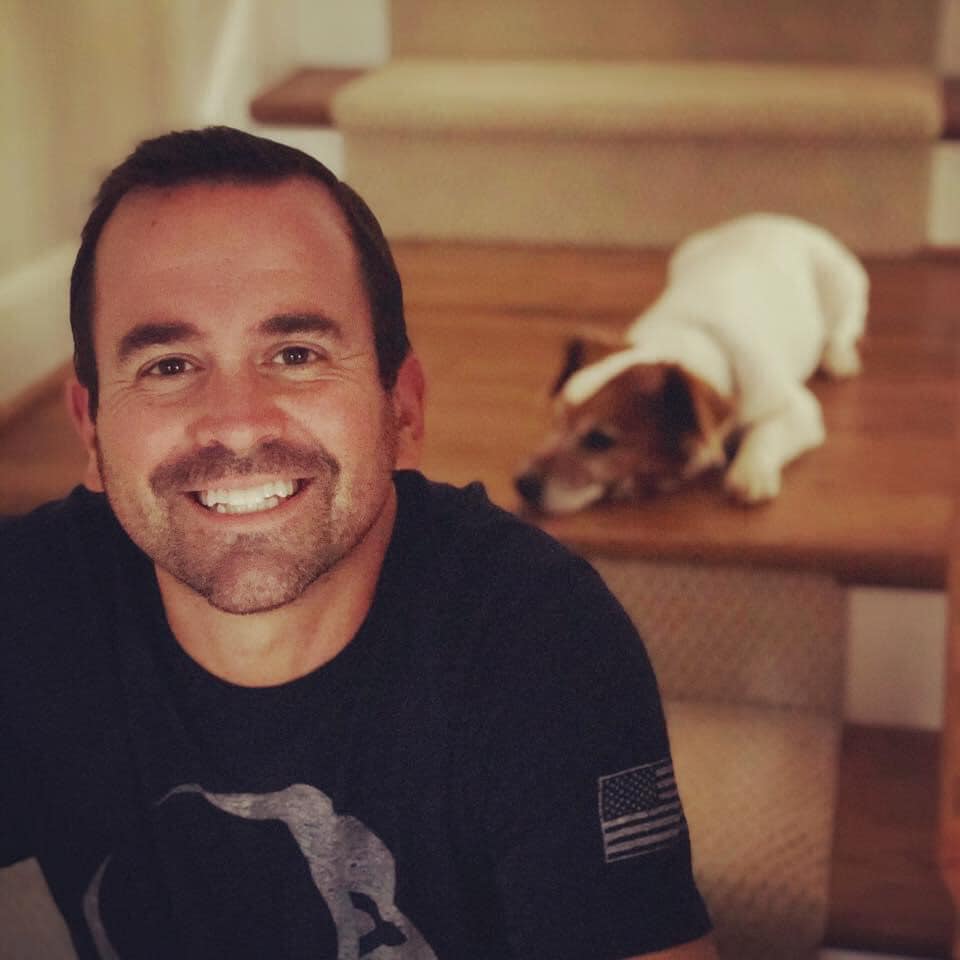When speaking with Rep. Neal Collins, one is treated to a refreshing sort of candor rarely heard these days. He directly addresses the gap between grassroots organizations and elected officials, commenting on how rarely he or his fellows hear from any of their constituents, saying, “Just one voice is magnified because we don’t hear very many.”
At the time of our conversation, Collins was on the way home from the ceremonial signing of his bill, H. 3908. The bill requires school districts to provide up to six weeks of maternity leave and two weeks of paternal leave for employees due to the birth, adoption, or fostering of a child. Gov. McMaster, members of the General Assembly, State Superintendent of Education Ellen Weaver, and many teachers were on hand for the occasion.
Hearing from the teachers themselves was an important part of the process as H. 3908 was developed. Collins challenges people to put their elected officials’ names and numbers into their cell phones. “At some point,” Collins states, “you’re going to need them.”
Neal Collins was born in Easley, SC, attended Furman University and the University of South Carolina School of Law. He is now an attorney and occasionally a NCAA wrestling referee. A Republican, he was first voted into office in 2014. Today, he lives in Easley and represents the 5th district in the South Carolina House of Representatives. He is an aggressive writer of bills, having put forth 35 bills at the start of the most recent session. The average number of bills a representative will submit is two.
His work has often benefitted South Carolina’s most vulnerable, such as children in the foster care system.
When asked if he is familiar with the term “social determinants of health,” he answers bluntly. “Here is the thing you have to keep in mind. We are all idiots.”
He hazards a guess that SDOH is in reference to the healthy habits one does, or does not, keep, and possibly related to genetics. Upon hearing the definition, Collins expands on his initial comment, stating many constituents expect elected officials to be an expert on everything—homelessness, health care, the housing crisis, etc. But no one person can be an expert on everything.
However, when Collins decides to take on a cause, he is known for becoming an expert on that issue. For example, the work Collins has done on DACA, which has evolved into a broader effort. There are 5,330 people living in South Carolina under DACA (Deferred Action for Childhood Arrivals). Currently, they cannot become citizens, but they can get a social security card, driver’s license, and work permit. In states like North Carolina and Georgia, they can also obtain a professional license, such as a nursing license. This is not the case in South Carolina, where laws prohibit them from obtaining professional licenses.
Several years ago, Collins inquired as to whether a DACA individual could be found who would testify to their experience. In the end, it wasn’t just one individual—it was 40.
Collins was moved by their collective testimony and promised them he would do what he could. Starting in 2018, Collins began introducing bills to remove the ban on professional licenses for DACA individuals. He is still at it. The newest incarnation, H. 3288, is elegantly simple, stating, “so as to provide who have current and valid employment authorizations approved by federal immigration authorities are eligible for occupational or professional licensure if all other applicable requirements are met.”
When asked why “DACA” does not appear anywhere in the bill, Collins explains that in his years of working on the issue, he discovered the ban impacts victims of sex trafficking and other individuals whose legal status is stuck in limbo. This latest version of the bill casts a wider net, helping all those impacted by the ban.
Collins has hope H. 3288 will become law. His last effort passed the House with overwhelming numbers, with only a small handful of holdouts—only to be stopped in the Senate. That support in the House came because of hands-on effort. As Collins says, “I met with every member of the House and explained to them this wasn’t amnesty.” Not only was it the right thing to do for individuals who were here legally, it was also the smart business decision for South Carolina’s economy. Of special consideration is the health care industry, where the nursing shortage continues to impact the state’s medical systems.
When asked what advocates can do to support the cause they are passionate about, Collins cites his experience with a group of foster families who approached him for his help. These foster parents had become experts on the law and were able to advise Collins on what the law should look like, the pushback he was likely to receive, and suggestions of how to combat that pushback. His own research confirmed the validity of the groups’ concerns, and he went forward with the cause, buffeted by the extensive work the group had already done, and was continuing to do.
Collins is quick to defend his colleagues in the House, saying that even if many of them didn’t write as many bills as he did, they would listen and respond to their constituents and advocate for them, just as Collins had with the group of foster parents.
Naturally, Collins’s propensity to stick his neck out does sometimes land him in hot water, with both sides of the political spectrum. But he also has a good number of fans. Sue Berkowitz, director of the South Carolina Appleseed Legal Justice Center in Columbia, has high praise for the representative of the 5th district, saying, “Oh, if they were all like Neal Collins, we would have a much different state. The thing about Neal Collins is, he likes to learn.” In Pickens, County Councilwoman C. Claiborne Linvill expressed her hopes Collins would continue with his political career. “I want him to run for Congress,” she says. “Maybe if people keep asking him, he’ll do it.”

